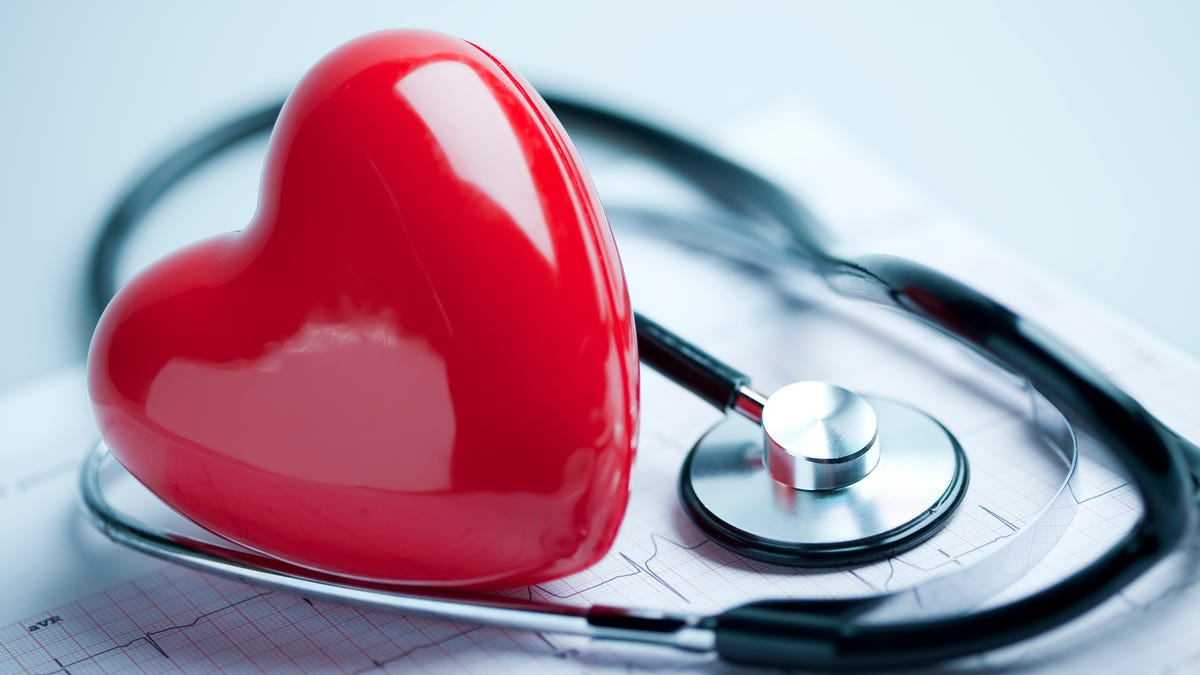
Stroke is a serious medical condition that affects both men and women, but it is the fifth-leading cause of death for American women. According to the Centers for Disease Control and Prevention (CDC), someone in the US experiences a stroke every 40 seconds, and someone dies of stroke every 3 minutes and 14 seconds. During National Stroke Awareness month, it's essential to understand the signs of a stroke and how to prevent it. The acronym BEFAST is an excellent tool for recognizing the symptoms of a stroke.
Balance: If someone is experiencing difficulty walking or maintaining their balance, this could be a sign of a stroke. Eyesight: Sudden blurry vision or double vision can indicate that someone is having a stroke. Face: A drooping face or weakness on one side could be an early warning sign of a stroke. Arm: Numbness, weakness, or paralysis in one arm should not be ignored and could indicate a stroke. Speech: Difficulty speaking or understanding speech can also be an indication of a stroke. Time: It's crucial to seek medical help immediately if you notice any of these symptoms.
Strokes can occur at any age, including young adults like Kyle McMorrow, who was just 36 when he suffered a bleeding stroke. He experienced neck pain and difficulty walking but initially thought it was just a normal day. However, his girlfriend noticed that he was slurring his speech and called for an ambulance.
Consuming potassium-rich foods can help reduce the risk of stroke by maintaining healthy blood pressure. Foods such as bananas, spinach, and potatoes are rich in potassium. Air pollution exposure has also been linked to an increased risk of stroke. On high-pollution days, it's recommended to limit time outside and use HEPA air purifiers or turn on exhaust fans.
Tai chi and yoga are excellent exercises for improving flexibility, balance, and overall health. Practicing these activities regularly can help reduce the risk of stroke.
It's essential to be aware of the less-common stroke signs that may not always be immediately apparent. These include sudden severe headache with no known cause, difficulty swallowing or speaking clearly, and sudden vision changes in one or both eyes.
Women have unique biological factors that make them more susceptible to strokes. These include hormonal changes during menopause and pregnancy, as well as certain medical conditions such as diabetes and high blood pressure. Maintaining a healthy lifestyle by eating a Mediterranean diet, practicing stress management techniques, and getting regular exercise can help reduce the risk of stroke.




